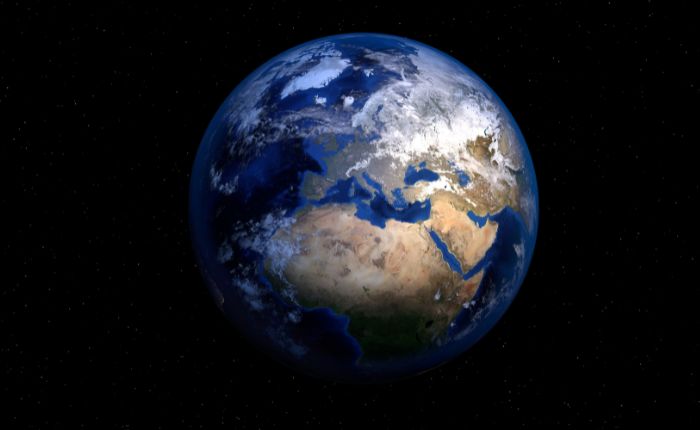
Today, July 22, is expected to be one of the shortest days Earth has experienced since modern records began. This follows a similar event on July 9, 2025, when the planet completed its rotation about 1.3 to 1.6 milliseconds faster than the standard 24-hour day—the shortest since atomic clock measurements began in the 1960s.
Scientists attribute this temporary acceleration to the moon’s unusual position. On July 9, the moon reached its maximum declination, meaning it was farthest from Earth’s equator. This alignment creates an off-center gravitational pull that slightly alters Earth’s axial wobble, briefly speeding up its rotation. The same lunar effect is expected again today and on August 5.
Although Earth’s rotation is gradually slowing over centuries due to tidal friction from the moon, short-term variations—caused by atmospheric, oceanic, and celestial influences—can make the planet spin faster for brief periods. These fluctuations are precisely tracked using atomic clocks and compared against astronomical time.
If this speeding trend continues, it could eventually lead to an unprecedented “negative leap second”—removing a second from global timekeeping to keep it aligned with Earth’s actual rotation. Scientists suggest this may become necessary around 2029.
